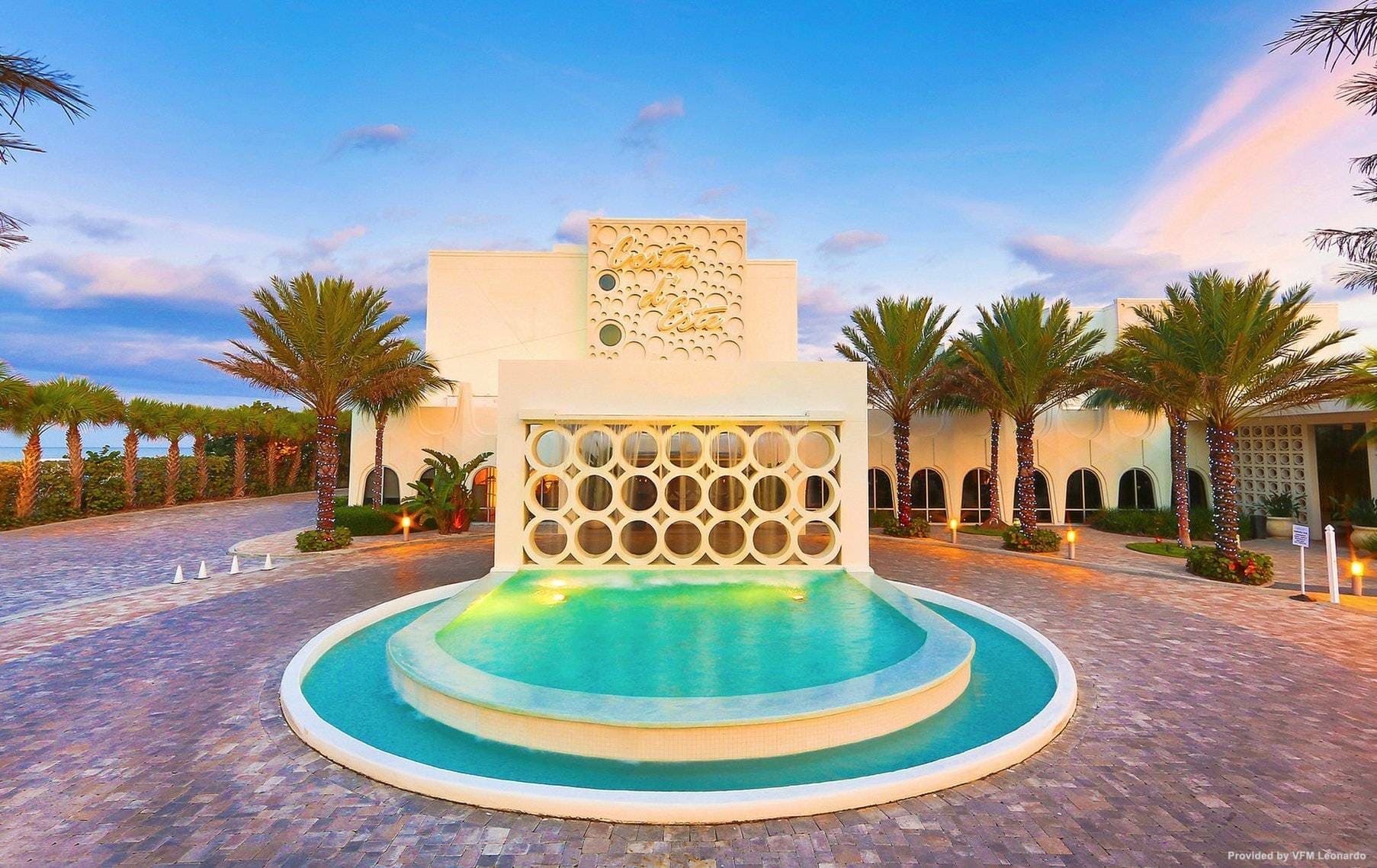MURPHY LEADS CALL TO PASS WATER BILL AUTHORIZING CEPP TO SEND CLEAN WATER SOUTH
Washington, D.C. – Today, U.S. Representative Patrick E. Murphy (FL-18) led a bipartisan effort calling on House leadership to immediately schedule a vote on the Water Resources Development Act (WRDA) to authorize the Central Everglades Planning Project (CEPP). This series of Everglades restoration projects will help send more clean water south from Lake Okeechobee, reducing the need for harmful discharges into the St. Lucie and Caloosahatchee rivers that are suffering from toxic algal blooms.
“This crisis has been decades in the making. While we know it won’t be solved overnight, we still need immediate action on the projects that will move us towards the long-term solution of sending clean water south,” said Murphy. “I thank my colleagues on both sides of the aisle for recognizing the disaster facing our waterways and the urgent need to work together to protect our environment by moving CEPP forward.”
Committed to continuing the fight to improve the health of local waterways, Murphy has been a vocal advocate for CEPP authorization to help restore the Everglades’ natural southward flow as part of his continuing efforts to address the ongoing crisis in Florida’s waterways. Earlier this year he led the Florida delegation in calling on U.S. House and Senate leaders to include Congressional authorization of CEPP in the 2016 Water Resources Development Act. Murphy also led a bipartisan group of Florida lawmakers in introducing H.R. 230 at the beginning of this Congress to authorize CEPP after the Army Corps finalized its Chief’s Report for the project in December of 2014.
Background on CEPP:
CEPP is a $2 billion series of engineering projects intended to collect and channel water around Lake Okeechobee south into the center of the Everglades, thereby reducing harmful discharges into the St. Lucie and Caloosahatchee estuaries and improving the health of the entire ecosystem. CEPP was not included in the Water Resources Reform and Development Act of 2014 because the U.S. Army Corps of Engineers had not completed a key report approving the project before the bill was signed into law on June 10, 2014. The Chief’s Report was finalized on December 23, 2014, which allows Congress to now take action to authorize it. Once authorized, the project can receive federal funding and construction can begin.
Please find the full text of today’s letter below and attached:
July 7, 2016
The Honorable Kevin McCarthy
House Majority Leader
2421 Rayburn House Office Building
Washington, DC 20515
Dear Leader McCarthy:
Florida’s waterways are in crisis and under assault by toxic blue-green algae. The pollution is devastating the economy, residents’ way of life, small businesses, and wildlife along the Indian River Lagoon and the St. Lucie and Caloosahatchee Rivers. Local departments of health have placed advisories at several beaches and access points in the affected areas advising the general public to avoid contact with the water.
While this problem has been decades in the making, 2016 is uniquely dire. Historic, El Niño-fueled rainfall during our dry season led to early and ongoing polluted, freshwater discharges from Lake Okeechobee into the St. Lucie River to the east and the Caloosahatchee River to the west. As we enter the wet season and approach the more active months of hurricane season, the Army Corps of Engineers continues to discharge. These discharges are wreaking havoc on our nation’s most biologically diverse estuary, the Indian River Lagoon, home to more than 4,000 species of plants and animals, including dozens of threatened or endangered species, dolphins, pelicans, and nearly 1/3 of America’s manatee population. Conditions have led to a sadly predictable outbreak of toxic, blue-green algal blooms, calling forward memories of the economically and ecologically devastating “Lost Summer” of 2013.
While no problem of this magnitude can possibly be solved overnight, stakeholders at all levels of government must act. The Central Everglades Planning Project (CEPP) is a subset of high impact Comprehensive Everglades Restoration Plan (CERP) projects that will ultimately clean and store polluted Lake Okeechobee water before sending clean water south into the heart of the Everglades. Once complete, CEPP will reduce the need for harmful discharges to the St. Lucie and Caloosahatchee estuaries and help restore the natural sheet flow of water where it is most needed: Everglades National Park, Florida Bay, and Biscayne Bay.
With the advocacy of our united delegation, the Water Resources Development Act (H.R.5303) will allow CEPP construction to commence. As you know, the House Transportation and Infrastructure Committee has ordered the bill to be reported favorably, while S.2848 has been placed on the Senate Calendar. We respectfully urge you to schedule a vote on H.R.5303 as expeditiously as possible.
Sincerely,
Patrick E. Murphy
Member of Congress
Ileana Ros-Lehtinen
Member of Congress
Alcee L. Hastings
Member of Congress
Debbie Wasserman Schultz
Member of Congress
Kathy Castor
Member of Congress
Bill Posey
Member of Congress
Thomas J. Rooney
Member of Congress
Ted Deutch
Member of Congress
Frederica S. Wilson
Member of Congress
Lois Frankel
Member of Congress
David W. Jolly
Member of Congress
Curt Clawson
Member of Congress
Carlos Curbelo
Member of Congress
Cc: The Honorable Paul Ryan, Speaker of the House of Representatives
The Honorable Nancy Pelosi, House Minority Leader










